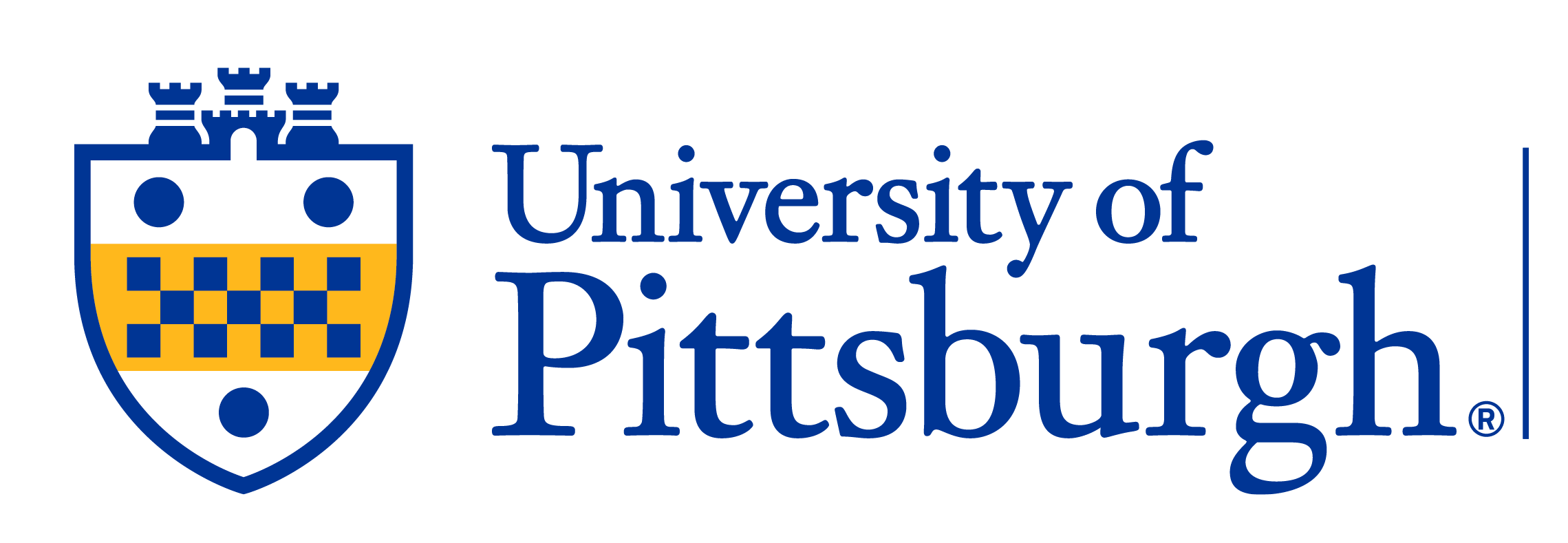An online training curriculum focused on addressing opioid and other substance use disorders is now available for all University of Pittsburgh Health Sciences schools. Centered on destigmatizing patient substance use and integrating cultural humility, the curriculum establishes a framework for patient care and delivery in clinical experiences and addresses racial and ethnic inequities in substance use treatment and care.
The course, Integrated and Innovative Learning About Substance Use, was developed by Heather Santa, deputy director of the Evaluation and Research Unit (PERU); Jan Pringle, professor of pharmacy, School of Pharmacy, and Antoine Douaihy, professor of psychiatry and medicine, School of Medicine. It was piloted in the fall of 2023 in the Schools of Public Health and of Nursing.
Pringle, founder and director of PERU, which focuses on substance use prevention, addiction treatment, and overdose prevention, supported curriculum development that covers all substance use.
The curriculum emphasizes that substance use disorder is a disease. Its goal is to make students aware that they can intervene and reduce risk as they would for any other disease, and provide principles and approaches for treating pain with non-opioids when possible.
“The biggest component of it is that cultural humility and really the destigmatizing aspect, incorporating it as a part of the learning experience, throughout all the schools,” said Douaihy, whose work focuses on addiction medicine.
The 75-minute course, available on Canvas, includes two premodule assessments, the module itself and then two post-module assessments. The content is written to promote respectful, collaborative interactions with patients. It includes suggestions for open-ended questions that could be used as a script when speaking with a patient, such as “How might you distract yourself when you’re craving a drink?”
“We still deal with a lot of the judgmental attitude, stigmas and all the misinformation and misperceptions about working with people who have substance use problems,” Douaihy said.
Douaihy said the hope is that students will take the course early in their education.
Bernard J. Costello, associate vice chancellor for the office of interdisciplinary education, said the course exemplifies “how we help the community, try to improve health equity, and work together using interdisciplinary collaboration and interprofessional education to capitalize on our synergistic environment.”


